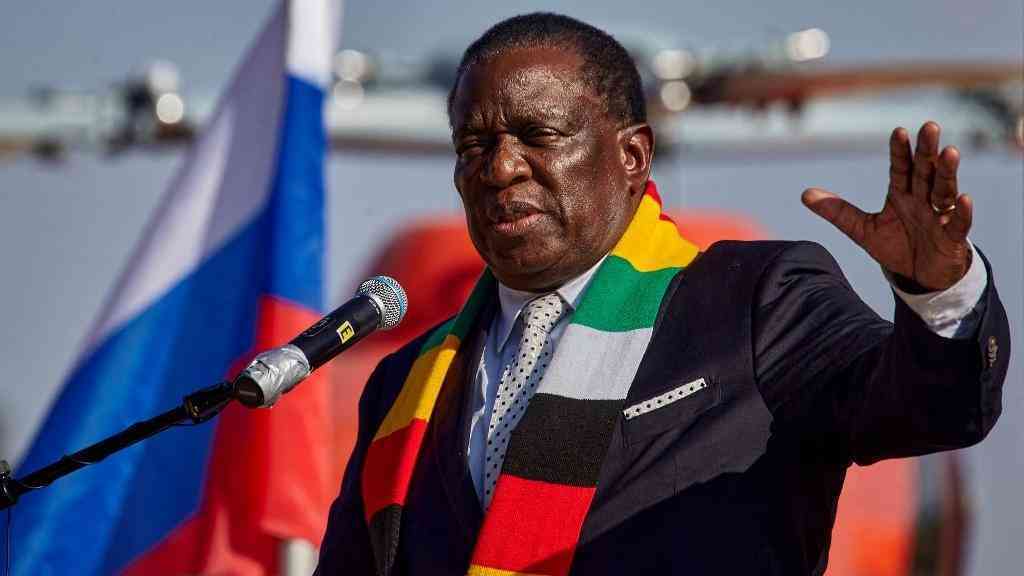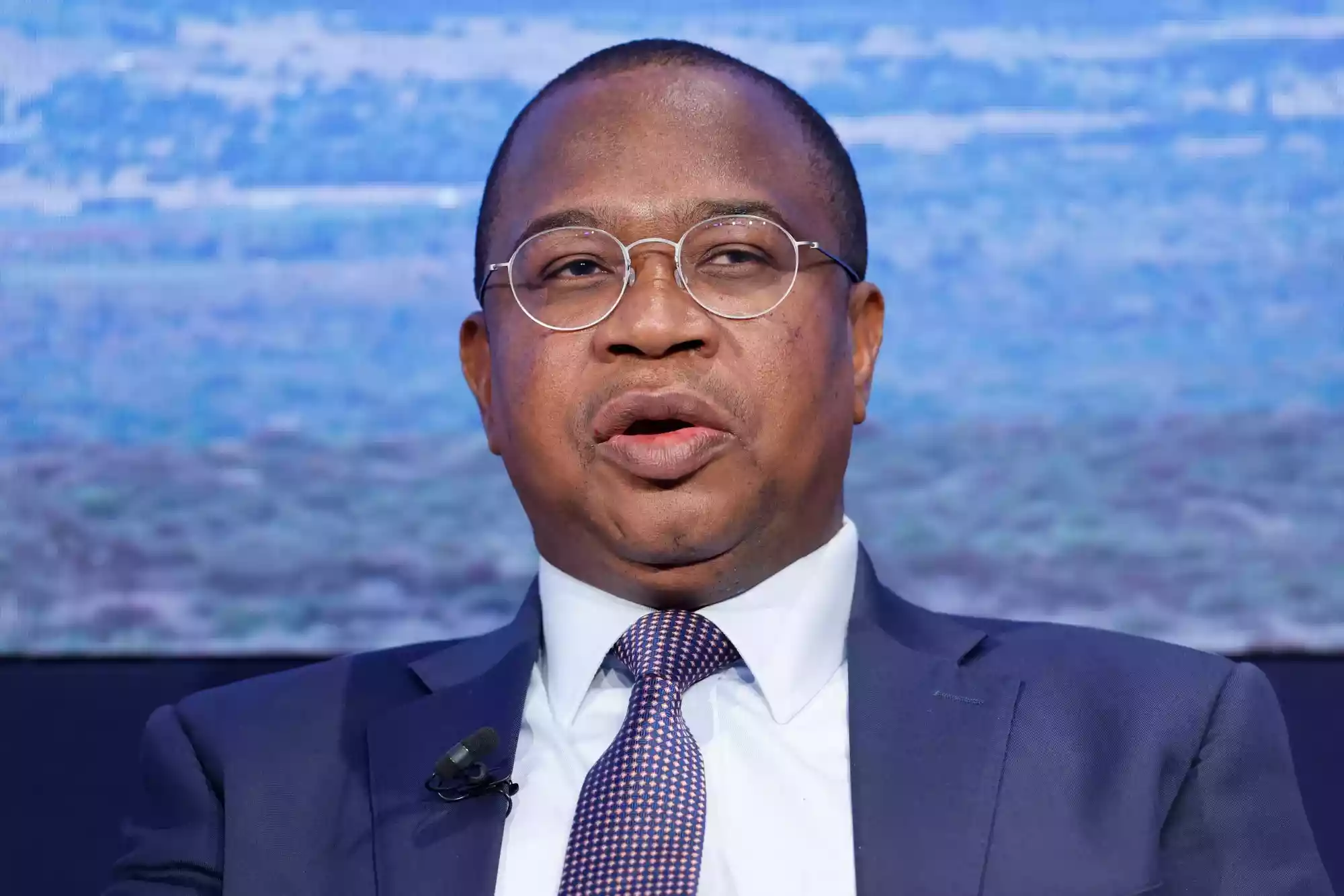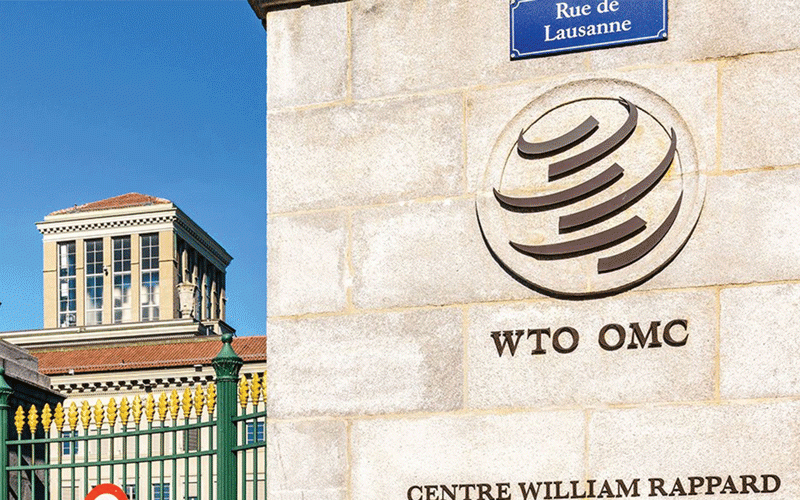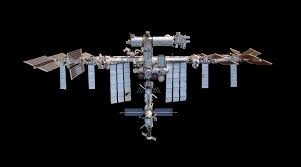
IN 2017, the late former President Robert Mugabe was clearly on his way out of politics.
Naturally, all talk and focus turned to the succession issue and to the swirl of intrigue around it.
Today, President Emmerson Mnangagwa, being a constitutionalist, is also on his way out as he will reach the end of his five-year two-term limit in 2028.
Naturally again, all intrigue is on the succession issue.
In 2017, the succession was resolved by members of the armed forces.
It then begs the question: Who today is the final arbiter of who takes office in 2028?
The November 2017 coup was superficially built around political vs tribal interests.
This illusion was projected by having a Zezuru general leading the putsch and a Karanga president being installed. But this was never the case.
- Mr President, you missed the opportunity to be the veritable voice of conscience
- ED to commission new-look border post
- Zanu PF ready for congress
- Zanu PF ready for congress
Keep Reading
To go back a little, the Gamatox-Lacoste factional wars that led to the ignominious exit of Joyce Mujuru from Zanu PF were neither political nor ideological contretemps.
They were purely tribal.
If Mujuru had ascended to the throne in Zanu PF, it would have meant that a Zezuru president would have been succeeded by another. This would not have been only a temporary setback to the Karangas, but a seismic one because ED represented their best hope of assuming the throne.
ED, after all, is and was the acknowledged strongman in Zanu PF, (he built Zimbabwe’s security system).
Now if such a powerful Karanga could not manoeuvre and bludgeon his way to power, who could?
Two factors came together in ED: First, he was senior enough in Zanu PF to have realistic aspirations and rights to the throne, second, he, behind the wool, had the iron fist through his long association and dominance of the security sector.
If he had been outmanouvred by the Mujuru faction, that would have killed off the Karangas’ realistic hopes of assuming the throne for a generation and ensured the continued monopoly on the presidency by the Zezurus.
The potential and at that time seemingly inevitable elevation of Mujuru was, therefore, a make-or-break moment for the Karanga cabal in Zanu PF.
This might sound like political mischief making, but tribalism is a very real and concerning thread running through Zimbabwe’s socio-economic and political discourses.
In order to prevent this, the Lacoste faction manipulated and made useful idiots out of the nascent G40 faction and together, they did a hatchet job on Mujuru and she was eliminated from the succession matrix.
True to the proverbial axiom about there being no honour among thieves, the G40 and Lacoste factions turned against each. There had always been the tacit acknowledgement that theirs was a very temporary and uneasy marriage of convenience.
The former outmanoeuvred the latter adroitly politically, but this came to nought as Lacoste had the backing of The General, his tanks, gunships and fighter bombers.
Fast forward to 2025 and ED nears the end of his two-term limit.
His obvious successor is quite naturally the man who put his life on the line for him, the redoubtable and loyal Constantino Guvheya Nyikadzino Chiwenga.
The general is a Zezuru from Hwedza.
This means that the presidency should once again pass into the hands of the Zezurus.
To all reasonable people, that should be fair and fine, after all the average Zimbabwean does not lose sleep over tribal distinctions.
But the Karanga cabal in Zanu PF and, indeed, the State does not think along such reasonable lines.
One such example, the former president of the Chiefs’ Council Fortune Charumbira, is quoted suggesting from the eminence of his office that ED and Chamisa should come together and work to establish a Karanga hegemony over Zimbabwean politics.
In other words, to him, there are no political or ideological distinctions and interests, only tribal ones.
To this cabal, therefore, the coming handover of power from ED to Chiwenga is an anathema to their interests.
Primarily because there is no guarantee that there will be, in the near future, any one as well placed as ED to guarantee the ascension of another Karanga to the throne in Zanu PF in their lifetimes.
In their eyes, it is the role of the ED ascendancy in both party and government to entrench a Karanga dominance of Zimbabwean politics for the foreseeable future.
Given the foregoing points, we can unpack the upcoming constitutional amendments to once again allow a life presidency in Zimbabwe for what it is.
It is not about the erudition or vision of ED.
This is a play to guarantee and entrench a Karanga hegemony in Zimbabwean politics.
There is no room for both an ED life presidency and Chiwenga’s political ambitions, one must cede to the other.
The goal is to get ED to stay on beyond 2028 and use the interval to line up a Karanga successor.
Therefore, once the amendment is made, the general becomes an inconvenience, his downfall is inevitable once the term limit goes.
The Karanga cabal has been, perhaps dangerously so, emboldened by two factors: One, its efficient evisceration of the Gamatox and G40 factions in quick succession, and two, the seven years of ED rule that has allowed it to restructure both the party and arms of government.
This gives them unbridled confidence to attempt to once again carry out a political power play combining both guile and brute force.
This time, against the man who begun the entire saga with the rolling of the tanks onto Harare’s streets.
A plan is a series of calculations and a willingness to take chances on known and unknown variables.
This is what the Karanga faction in Zanu PF is doing, it is calculating that after years of positioning their own people in key positions in the government and security sector, they can outmanoeuvre with a mixture of adroitness and brute force Chiwenga and his faction.
It must be borne in mind that in November 2017, through the Chiwenga-ED alliance, the Lacoste faction was able to bring overwhelming force to bear on the hapless G40.
The overmatch in resources was such that resistance was clearly futile and suicidal, therefore, the coup was to all intents and purposes bloodless.
Another though less obvious factor was that the coup was framed as a politico-ideological shear within Zanu PF and not along tribal lines: a struggle for Zanu PF’s soul.
This allowed for there to be clearly defined loyalties along political lines, with the defence forces on the one side and the G40 and perhaps police service on the other.
Today’s simmering tensions in Zanu PF over succession and ED’s term extension are in reality along tribal lines.
Unfortunately, tribal loyalties cut across the security sector and government.
This potentially means that elements within the security forces will again be on different sides of the divide.
Neither side is likely to have sufficient overmatch to ensure the speedy capitulation of the other.
Should the tensions in Zanu PF break out into the open, Zimbabwe could be in for a most unfortunate and bloody attritional struggle for power.
This should occasion a reasonable fear in any student of African politics.
The coming showdown in Zanu PF will ostensibly be about a term extension for ED in reality, it will be a tribal showdown over the country’s political future.
The term extension agenda is merely the trojan horse just as there was talk about preserving the gains of the liberation struggle in 2017.
Zimbabwe is now perhaps at its most dangerous moment since independence.
- Rigid Kondongwe is a political commentator. He writes here in his personal capcity










